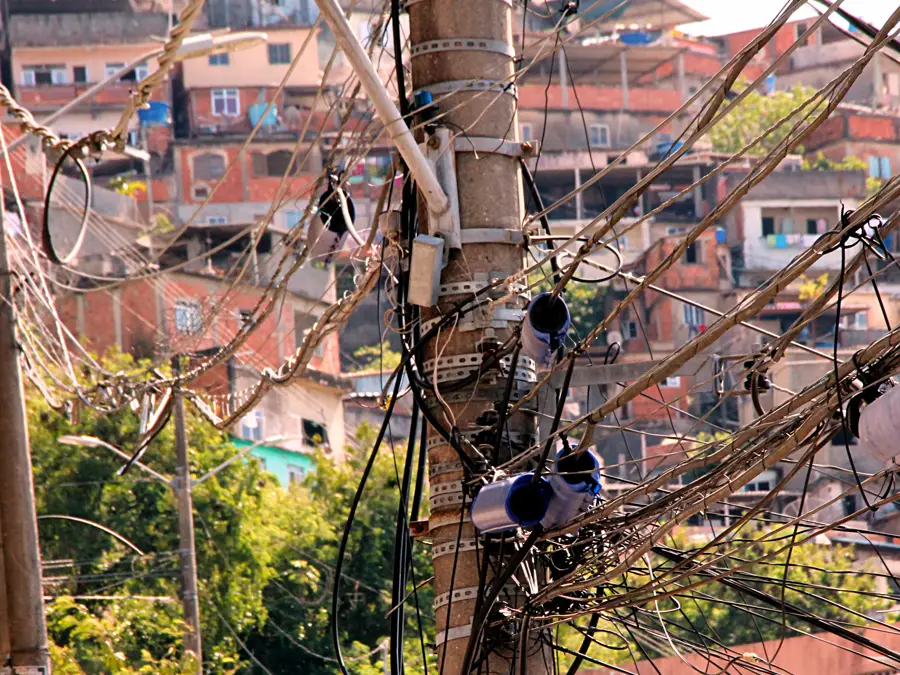Can a property developer make a good president? Until recently this was a hypothetical question. Berlusconi made it to Prime Minister of Italy, but his fling with the construction industry had been limited to a single project. Spanish real estate mogul Jesús Gil y Gil went on to become the mayor of Marbella, but there his political career ended and few would regard Jeb Bush, who has a background in real estate, as a developer rather than a politician. Generally, the involvement of the property world in politics has remained limited to financing the political career of others, mostly in the form of donations to their campaigns. Political influence was something people from the property world bought, but seldom exercised themselves. Since June 15th of this year the question is no longer hypothetical. With great fanfare Donald J. Trump has officially announced he is running for president of the United States of America. If the current polls are anything to go by, he has more than a fair shot.
Trump’s carefully cultivated image of a ‘universal entrepreneur’ makes him a role model for other property developers, who, like architects before them, may come to aspire to political careers. Trump sets the bar high. Whereas the political aspirations of architects have not reached above the position of mayor, developers might well aim higher. Trump certainly does. With a developer for president and the architect as mayor, society becomes a perfect reproduction of the construction industry’s pecking order. One may wonder if that is a good thing. When the construction industry becomes a blueprint for governance, what will ensue? Will society develop the smooth logistics needed to deliver to its citizens on time and on budget (Trump wastes no opportunity to suggest it will) or will it fall victim to the type of underhand deals (another reality of the construction industry) that you would only expect to find in a banana republic?
Clearly, in a democracy people from all walks of life, provided they earn their living in a legal way, should be able to pursue political careers. There is no reason to introduce a ‘Berufsverbot’ for property developers. Still, studying more closely the arguments with which Trump presents himself, certain questions arise. He repeatedly quotes his success in business as the reason why he would make an ideal public official. The mindset that creates success in business – so he claims – is exactly the mindset needed to put an entire country back on the road to success. The public sector as it stands, dominated by career politicians (habitually referred to by him as ‘losers’), is morally and spiritually bankrupt, deeply incompetent and above all, fundamentally unwilling to solve America’s problems.
The position Trump takes is curious, not least because in large part the Trump family business owes its success to the same public sector Donald Jr so vehemently criticizes. During the Great depression, Trump’s father Fred leveraged public programs to construct single-family homes in Queens and Brooklyn, using mortgage commitments from the newly created Federal Housing Administration to obtain construction loans. During the war, he used government funds to construct no-frills homes for the Navy. Then after, when the government was trying to jumpstart the construction industry to house veterans, he built large FHA-backed projects, financed through public bonds issued by the state. When Donald took over the business in 1971, the reliance on public funding in no way diminished. In New York, Trump was the first developer to receive a public subsidy for commercial projects under programs initially reserved for improving slum neighborhoods. Because of his family liaisons with then Mayor Beame, he won a 40 year tax abatement to rebuild the crumbling Commodore Hotel at Grand Central Station – a deal which cost the taxpayers $60 million. In the nineties, Trump sought and got federal help to build 16 luxury towers on Manhattan’s Westside (estimated cost: $1.9 billion) and it was Government funding that enabled Trump to develop his hugely profitable Trump Hotels & Casino Resorts.
It can be argued that the public sector made Trump and that therefore his current stance, which decries government involvement with businesses as a threat to the “American Dream”, makes a strangely incongruous case. The public sector is portrayed as incompetent, its officials spineless – giving him and his lobbyists whatever he asks for. However, if the public sector had lived up to his standard, Trump’s career in the private sector would not have been the same, and he certainly would never have been able to pursue public office with the same high profile. It would seem that Trump’s political views are, at least partially, the product of a deeply flawed assessment of his own success. Trump says it like it is, but there is a lot he doesn’t say. If indeed the public sector is dysfunctional, then Trump is the monster it created.
It is not the point of this article to assess whether or not Donald Trump as a person would make a good president (he may), but rather to question the (desirability of an) active role of the property world in politics altogether. As a trade, property development surged in the 1980s when the conservative revolution, first in America, later in Europe, sharply reduced the public sector and privatized a number of formerly public tasks. These tasks became ‘business’; in the case of formerly public building programs it became big business. More than any other professional community, the property world has stood to gain from conservative politics. It is no coincidence that whenever developers commit themselves politically, it is firmly on the right of the political spectrum. Property tycoons are amongst the most eminent donors of the Republican Party in the US and of the Conservative Party in the UK. They are also amongst the most vocal critics of large government. For the last 40 years, the property world has coauthored the largest sell-out of the public sector in the history of man. For developers to now pose as potential saviors of that public sector seems disingenuous at best.
When it comes to assuming political office, the property world may want to exercise discretion. So far, even with the alignment of interests, real estate and politics are two different things: there is still a form of checks and balances in place (if only to ensure the continuation of the mutually beneficial relation). Once the two converge in a single person, a fundamentally different situation presents itself. The political sphere is no longer a corrective against the forces of the market economy, it becomes its champion. You hear it in Trump’s rhetoric: his main credentials for a political career are his accomplishments in business. If elected, I’m sure Trump will play by the rules and neatly transfer his business interests into an entity with no formal ties to himself, but that is hardly the point. The point is exactly what Trump raises himself: the influence of the special interest groups over politicians. That won’t happen to Trump, not because he is rich, but because he is a special interest group all by himself.
Reinier de Graaf is an architect. He is a Partner at OMA and the Director of AMO.


